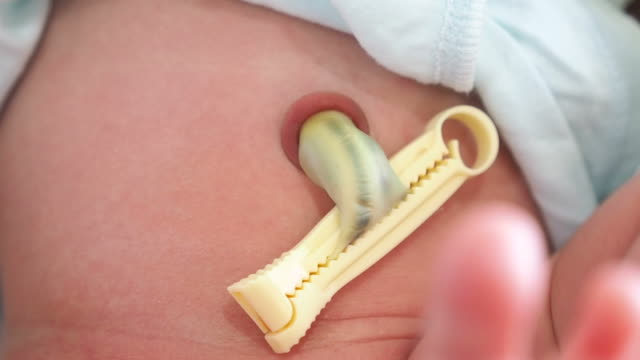As our loved ones age, we become increasingly concerned about their health and wellbeing. One common ailment that affects many older adults is Alzheimer’s disease. Alzheimer’s is a neurodegenerative disorder that slowly destroys memory and cognitive function, and it can be difficult to recognize in its early stages. In this article, we will explore the symptoms of Alzheimer’s disease and offer tips for detecting the disease early.
Memory Loss
Memory loss is one of the most common and recognizable symptoms of Alzheimer’s disease. It often begins with minor lapses in memory, such as forgetting where you put your keys or missing an appointment. As the disease progresses, memory loss becomes more severe, with individuals forgetting important events, dates, and names. If you notice your loved one struggling with memory loss, it may be a sign of Alzheimer’s disease.
Difficulty Communicating
Another common symptom of Alzheimer’s disease is difficulty communicating. Individuals with Alzheimer’s may struggle to find the right words or have trouble following conversations. They may repeat themselves often or have difficulty expressing their thoughts and ideas. If you notice your loved one struggling to communicate effectively, it may be a sign of Alzheimer’s disease.
Changes in Mood and Personality
Alzheimer’s disease can also cause changes in mood and personality. Individuals with the disease may become irritable, anxious, or depressed. They may also withdraw from social activities or become disinterested in things they once enjoyed. If you notice your loved one experiencing significant changes in mood or personality, it may be a sign of Alzheimer’s disease.
Difficulty Performing Routine Tasks
As Alzheimer’s disease progresses, individuals may struggle to perform routine tasks such as cooking, cleaning, or driving. They may forget how to perform tasks they once did with ease or struggle to follow instructions. If you notice your loved one struggling with routine tasks, it may be a sign of Alzheimer’s disease.
Tips for Detecting Alzheimer’s Disease Early
If you suspect your loved one may be experiencing symptoms of Alzheimer’s disease, it’s important to seek medical attention as soon as possible. Early detection can help to slow the progression of the disease and improve the quality of life for individuals with Alzheimer’s.
Here are a few tips for detecting Alzheimer’s disease early:
- Be aware of the symptoms: Familiarize yourself with the symptoms of Alzheimer’s disease so you can recognize them in your loved one.
- Talk to your loved one’s doctor: If you suspect your loved one may have Alzheimer’s disease, talk to their doctor. They can perform a series of tests to help diagnose the disease and offer treatment options.
- Keep track of changes: Keep track of any changes in your loved one’s behavior, mood, or cognitive function. This can help you and their doctor identify the early stages of Alzheimer’s disease.
- Seek support: Caring for a loved one with Alzheimer’s disease can be challenging. Seek support from family, friends, or support groups to help you through the process.
In conclusion, Alzheimer’s disease is a debilitating disorder that can be difficult to recognize in its early stages. If you notice your loved one displaying symptoms of Alzheimer’s, it’s important to seek medical attention as soon as possible. By detecting the disease early, you can help to slow its progression and improve the quality of life for your loved one.











